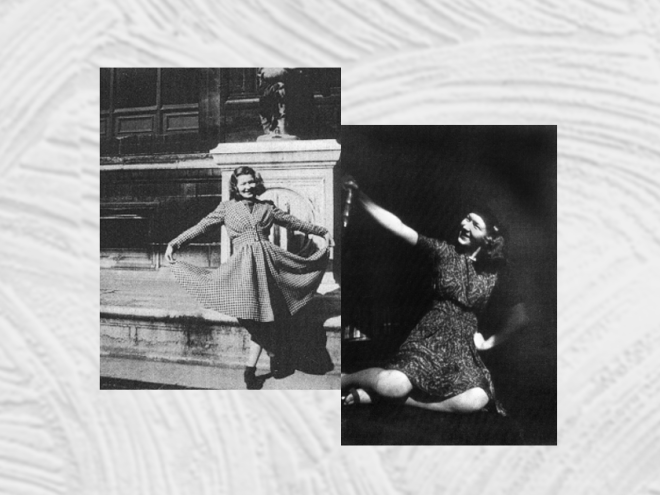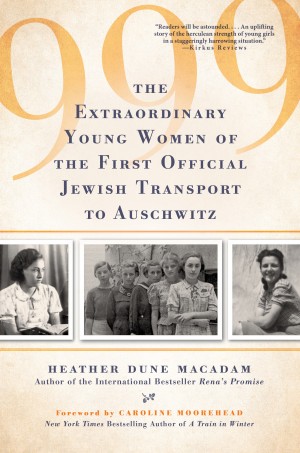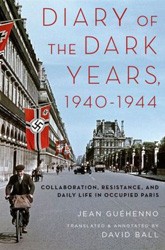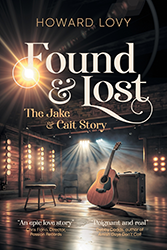Annette Zelman dreamed of becoming an artist. When she was accepted into the prestigious École des Beaux-Arts in Paris, she was on her way to turning that dream into a reality.
The year before, she had moved with her parents and siblings from Nancy, the city of her birth in eastern France, to Paris. Now, at age nineteen, she fully embraced the city: she was enraptured by the café scene and excited by the possibilities suddenly open to her as part of her new, avant-garde way of life. At the same time, she was a serious student, throwing herself into her art, exploring surrealism and Dadaism, and even enjoying jazz, free-verse poetry, and other contemporary arts outside the classroom. She became a familiar presence at the Café de Flore, whose regulars included Simone de Beauvoir, Jean-Paul Sartre, and Simone Signoret.
Young, beautiful, talented, and smart, Annette also fell in love. It was an exciting time to be alive.
But it couldn’t last. The year was 1941, Paris was occupied by the Nazis, and Annette was Jewish. Soon, she could no longer attend Beaux-Arts. There were curfews and increasing restrictions, followed by roundups and deportations.
With naive optimism, Annette was convinced that she was exempt, or that she could at least maneuver her way around any constraints. For one thing, Jean Jausion, the Catholic man with whom she was in love, was the son of a respected doctor who hobnobbed with the Paris Nazi elite. Surely he could, and would, protect her.
Both sets of parents were opposed to the relationship, but Annette’s family gradually gave way and accepted Jean. Jean’s family appeared to do the same for Annette — but that was their deception. And herein lay the tragedy of the star-crossed lovers, which determined the trajectory their story would take.
In 2020, authors Heather Dune Macadam and Simon Worrall interviewed Annette’s ninety-two-year-old sister, Michele. They viewed her collection of Annette’s letters, paintings, and drawings, which only came to light decades after the war. It wasn’t a lot of material; but, as Michele stressed, “It is so important that the world knows Annette’s story.”
Macadam and Worrall agreed. Incorporating their own research, as well as the accounts of many friends and acquaintances, they have pieced together the story of Annette, whose short life ended in 1942.
Annette’s sister wanted this book to serve as a memorial. It is that and more. Rather than focusing solely on a young woman’s tragic death, it takes care to fill in the details of her vivacious life.





